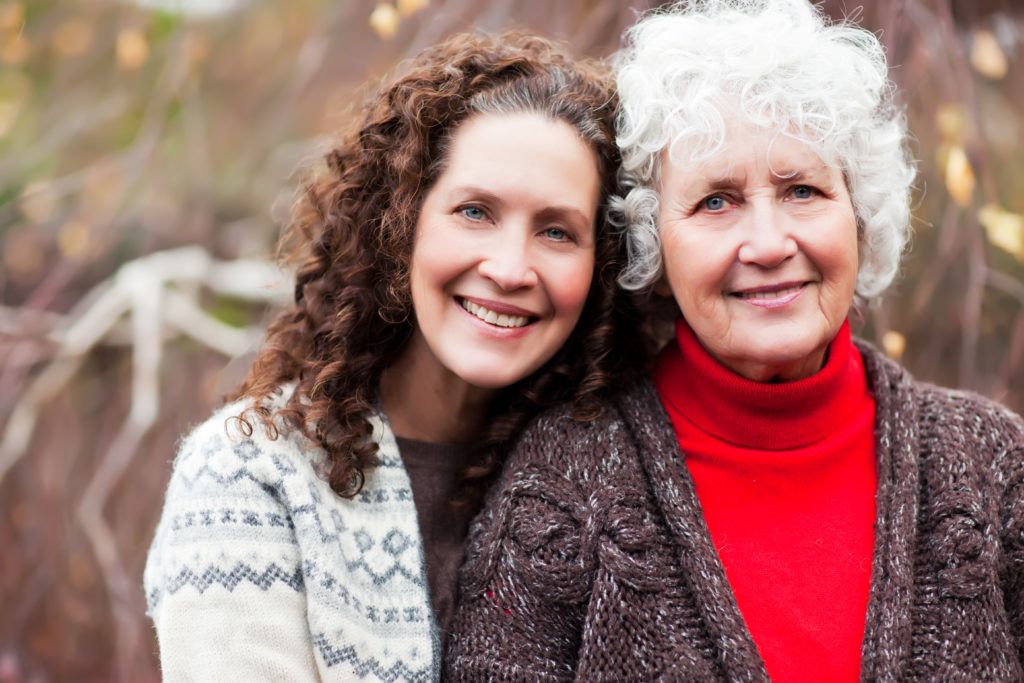Who Will Speak for Me: A Conversation about End of Life–Expected and Unexpected

By Chris Rosenthal, Aging & Disability Services Director
My beloved mom passed away recently. She had been a hospice patient for over three years. She always reminded us that “no one lives forever.” It was her acceptance of death that made it possible for her to readily accept hospice care.
Mom gave her family the incredible gift of advance care planning. Having her voice guide us in how to best honor her passing was so helpful at a time when our own grief made it hard to think clearly. We knew who Mom wanted to “speak for her” and what she wanted.
Talking with our loved ones to plan for future medical needs is the best way to make sure our wishes will be respected. Advance care planning allows individuals—anyone older than 18 and at any stage of health—to reflect on and express their wishes for care in advance of a crisis.
There is no right or wrong way to have these conversations. For some people it is most important to simply determine “who will speak for me if I am unable to speak for myself.” That is the extent of their advance care planning. Others want to be more specific in their conversations and planning, to clearly document their choices for life sustaining treatment and pain management. There is sometimes a misconception that advance care planning is used only when individuals want to limit life-sustaining treatment. On the contrary, it is very important to recognize that advance care planning also enables individuals to document their wishes to have all possible medical interventions at the end of their lives.
JFS has collaborated with United Family Medicine, Keystone Communities to start advance care planning conversations in St. Paul’s West End. Our collaboration will host a film and panel discussion focused on advance care planning and end-of-life issues. In addition to the book “Being Mortal,” author Dr. Gawande produced a documentary that features five families experiencing end of life challenges and decision-making. The event “Who Speaks for Me: A Conversation about End of Life—Expected and Unexpected,” will be on Thursday, August 15 from 5:30 to 7:30 p.m. at the West Seventh Community Center. Panel members will include a local physician, nurse, social worker, chaplain and a family member who has experienced the challenges and gifts of making end-of-life decisions with family members. At the event, resources will be offered to individuals seeking support and guidance in carrying out advance care planning. This event is funded by the MAFP Foundation.
JFS has two staff members, Rabbi Lynn Liberman. BCC, and Bonnie Jaffe, RN, trained as certified Honoring Choices facilitators, the most common advance care planning tool used in Minnesota. They are available for advance care planning, to meet with individuals and families to simply facilitate conversations and/or help individuals complete an Honoring Choices document or any advanced care planning document. This service is available on a sliding fee scale. No one will be turned away because of inability to pay.
